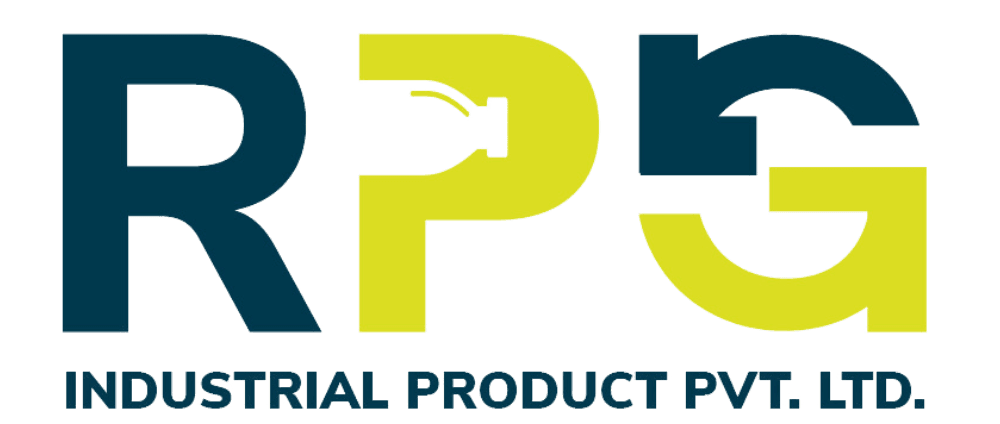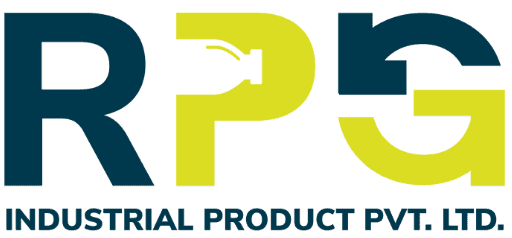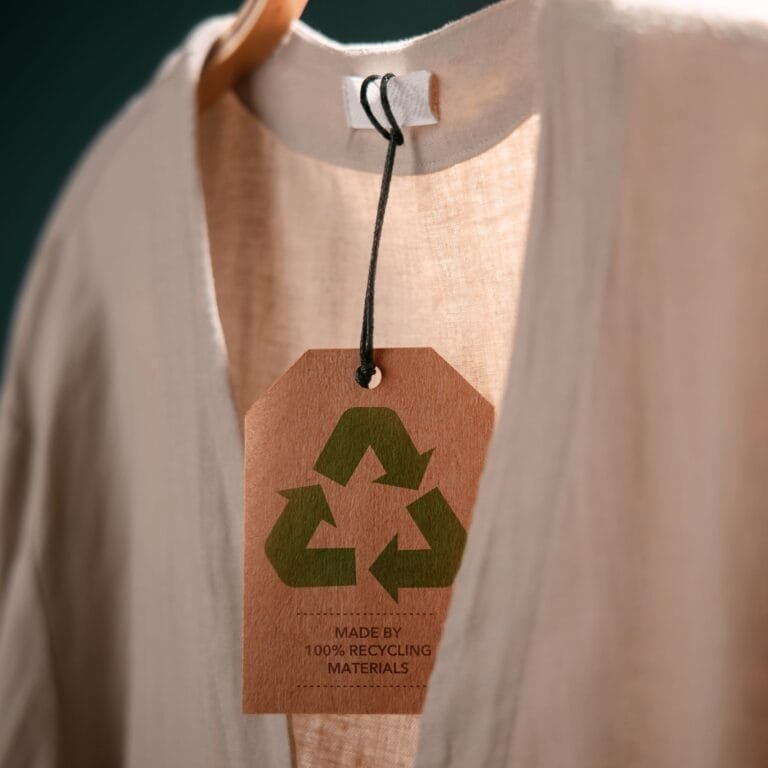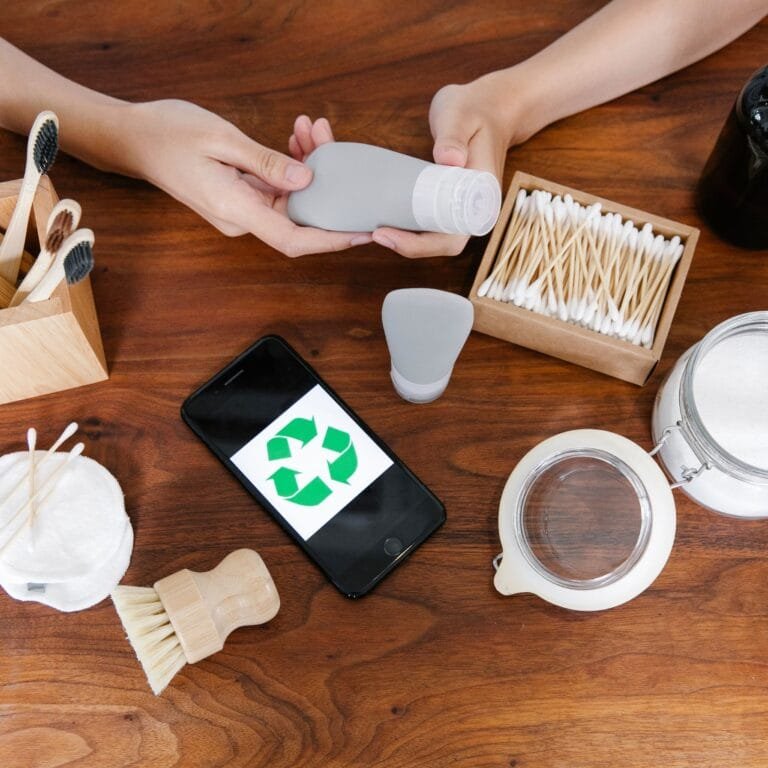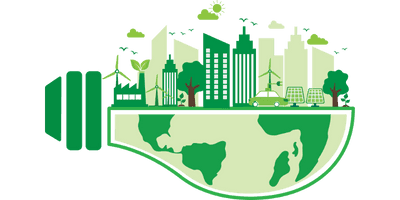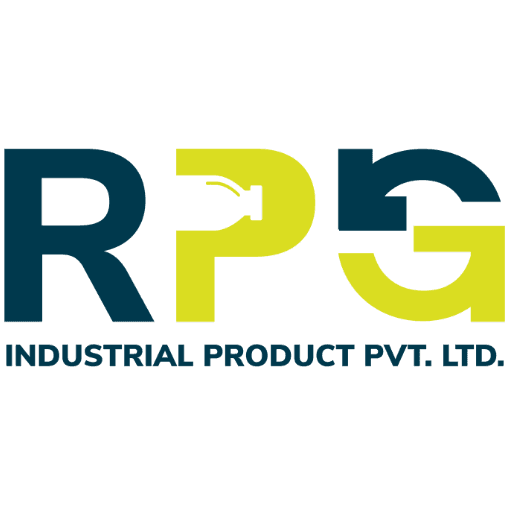From Waste to Fiber: The Journey of PET Bottles
In today’s fast-paced industrial world, where sustainability has become a cornerstone of progress, recycled polyester fiber has emerged as a game-changer. At the heart of this innovation lies polyethylene terephthalate (PET) bottles, which transition from being waste to becoming high-quality fibers used in countless industries. This transformation not only addresses environmental concerns but also paves the way for sustainable manufacturing practices.
The Problem of Plastic Waste
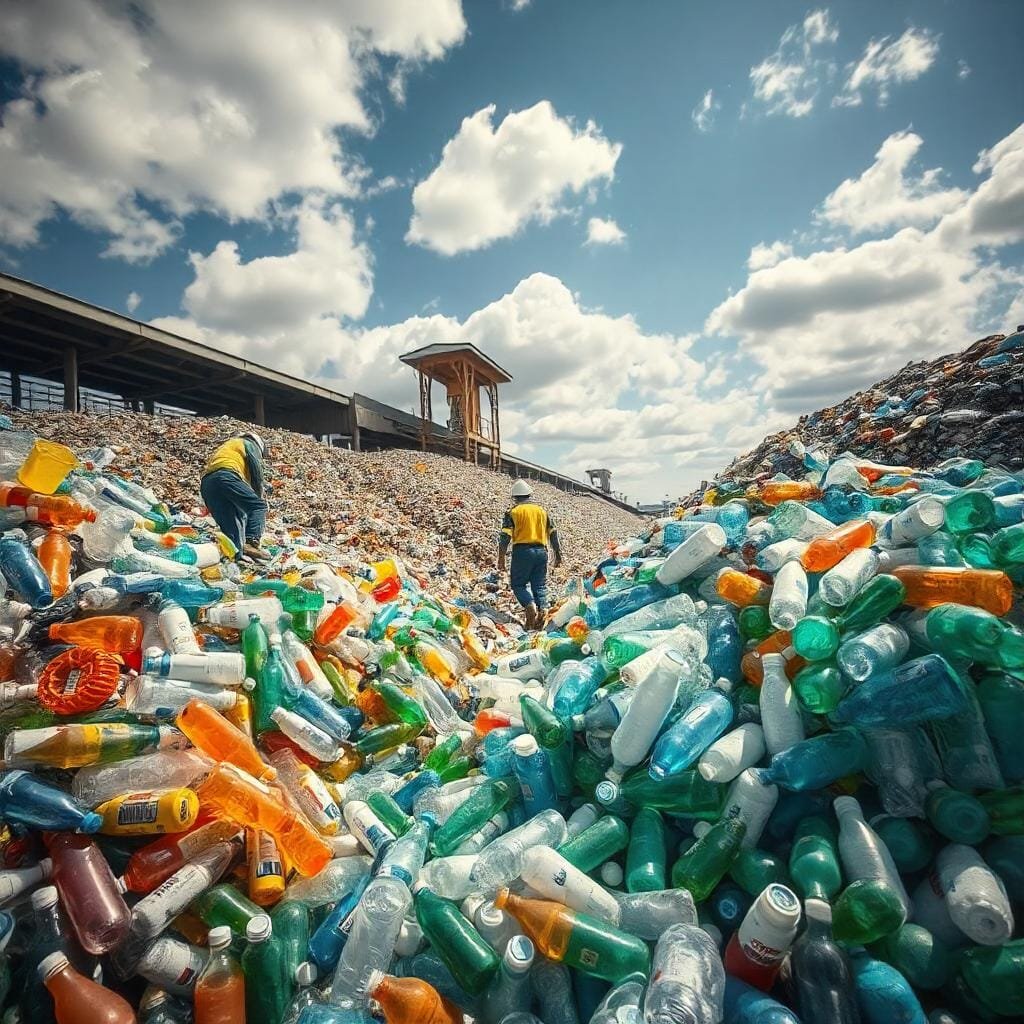
Globally, over 300 million tons of plastic are produced annually, and PET bottles make up a significant portion of this waste. Unfortunately, a large percentage of these bottles end up in landfills or the ocean, where they take hundreds of years to decompose. Addressing this issue is critical for combating climate change, reducing pollution, and protecting marine life.
This is where recycling comes into play. PET bottles, unlike other plastics, are 100% recyclable and can be transformed into valuable products such as polyester fibers. Recycling them not only reduces the burden on landfills but also minimizes the energy and resources required for producing virgin materials.
Understanding PET Bottles
Polyethylene terephthalate (PET) is a durable, lightweight, and recyclable material widely used in packaging, particularly for soft drinks, water, and food products. PET’s recyclability stems from its molecular structure, allowing it to be broken down and reprocessed without significant loss of quality. This unique property makes it an excellent choice for closed-loop recycling systems, where old bottles are transformed into new products, such as textiles, carpets, and industrial fibers.
The Recycling Process: From Waste to Fiber
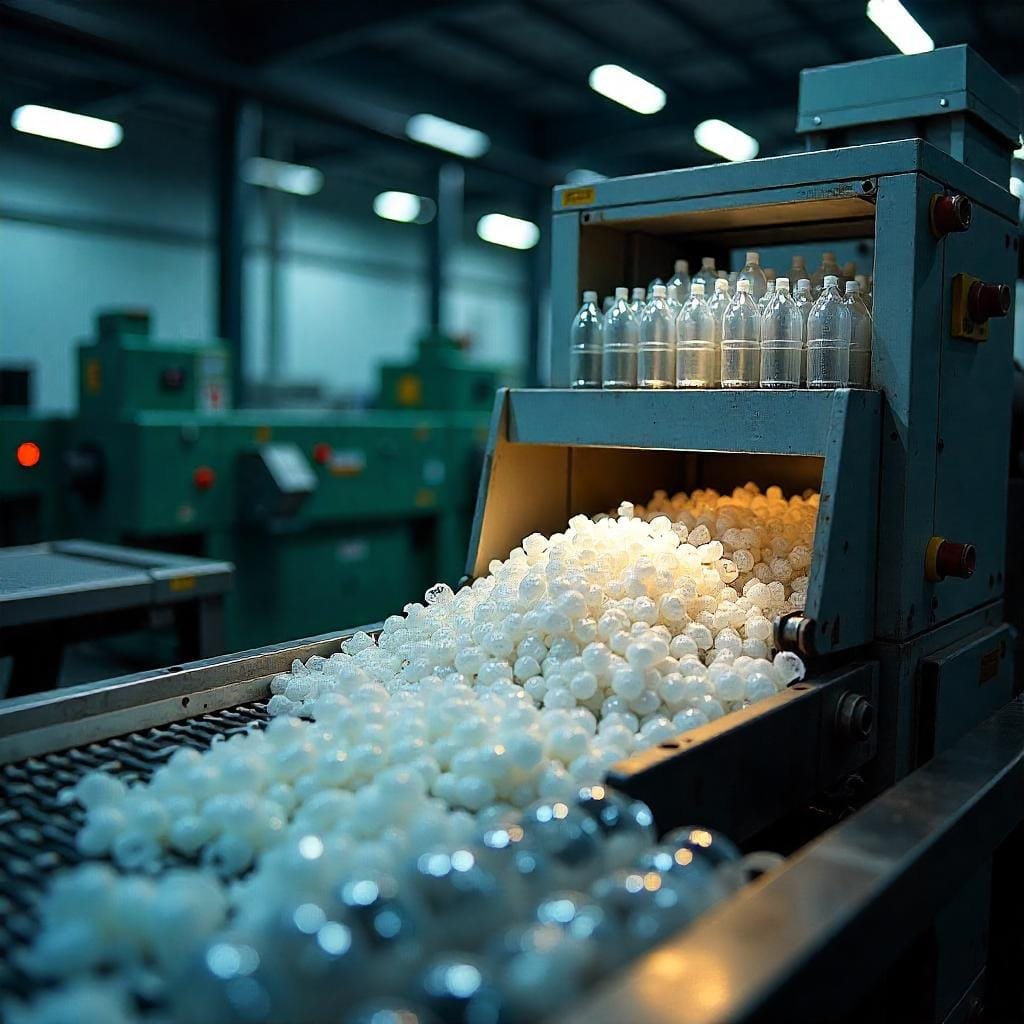
The journey of PET bottles to polyester fiber involves several intricate steps, each contributing to the production of high-quality, eco-friendly materials. Below is a detailed breakdown:
- Collection and Sorting: The process begins with the collection of used PET bottles from households, industries, and waste disposal facilities. These bottles are sorted by color and type to ensure the highest quality of recycled material. Advanced sorting technologies such as infrared scanners are used to identify PET bottles quickly and separate them from contaminants like other plastics or metals.
- Cleaning and Shredding: After sorting, the bottles are thoroughly cleaned to remove labels, adhesives, and any residual liquid. This is followed by shredding the bottles into small flakes, making them easier to process in the subsequent stages.
- Extrusion and Pelletizing: The PET flakes are melted and extruded to form small pellets known as rPET (recycled PET). These pellets serve as the raw material for producing polyester fibers and other products.
- Fiber Spinning: The rPET pellets are melted once again and spun into fine polyester fibers using specialized machinery. These fibers are then processed and customized for various applications, such as clothing, upholstery, and industrial textiles.
Applications of Recycled Polyester Fiber
Recycled polyester fiber has become an integral part of many industries, thanks to its versatility and sustainability. Some key applications include:
- Textile Industry: Recycled polyester is used in manufacturing clothing, sportswear, and accessories. Leading fashion brands are increasingly adopting recycled materials to reduce their environmental footprint.
- Automotive Industry: Polyester fibers are used in car upholstery, carpets, and seat belts.
- Construction: The material is employed in geotextiles for road construction and soil stabilization.
- Furniture and Home Decor: Cushions, mattresses, and curtains often incorporate recycled polyester fibers.

Environmental Benefits of Recycling PET Bottles
Recycling PET bottles into polyester fiber provides numerous environmental advantages:
- Reduction in Plastic Waste: Recycling prevents millions of PET bottles from ending up in landfills or oceans.
- Energy Efficiency: Creating recycled polyester requires substantially less energy than the production of virgin polyester, making it a more eco-conscious choice that significantly reduces energy demands in the manufacturing process.
- Lower Carbon Emissions: Recycling processes emit fewer greenhouse gases, contributing to global climate change mitigation.
- Resource Conservation: Using recycled PET reduces the dependency on fossil fuels required for creating virgin plastics.
- Promotes Circular Economy: Recycling PET supports a closed-loop system where materials are reused rather than discarded.
Challenges in PET Recycling
While the benefits of PET recycling are undeniable, the process faces certain challenges:
- Contamination: Impurities in collected bottles can lower the quality of recycled fibers.
- Collection Infrastructure: Many regions lack efficient waste collection and sorting systems.
- Cost of Recycling: The initial setup for recycling plants and advanced technology can be expensive.
To overcome these challenges, companies like RPG Industrial Pvt. Ltd. are leading the way by implementing advanced recycling technologies and promoting awareness about the importance of PET recycling.
RPG Industrial’s Role in Sustainability
At RPG Industrial Pvt. Ltd., we take pride in being part of the solution to the global plastic waste problem. By adopting innovative recycling methods and adhering to sustainable practices, we transform PET bottles into high-quality recycled polyester fibers. Our commitment to zero liquid discharge (ZLD) further enhances our environmental responsibility by ensuring that no water is wasted during the manufacturing process.
In addition to recycling, we actively collaborate with industries and communities to promote a circular economy, ensuring a sustainable future for generations to come. To learn more about our initiatives, visit RPG Industrial’s sustainability page.

The Future of Recycled Polyester
As the demand for sustainable materials grows, the recycling of PET bottles will play an increasingly significant role in various industries. Advancements in technology will make the process more efficient and cost-effective, encouraging more businesses to adopt recycled polyester fibers.
Conclusion
The journey of PET bottles from waste to fiber is a testament to the potential of recycling in addressing environmental challenges. By choosing recycled polyester fibers, industries can reduce their ecological footprint while contributing to a sustainable future. As consumers, we can also play our part by responsibly disposing of PET bottles and supporting products made from recycled materials. Together, we can turn waste into a valuable resource and pave the way for a greener planet.

